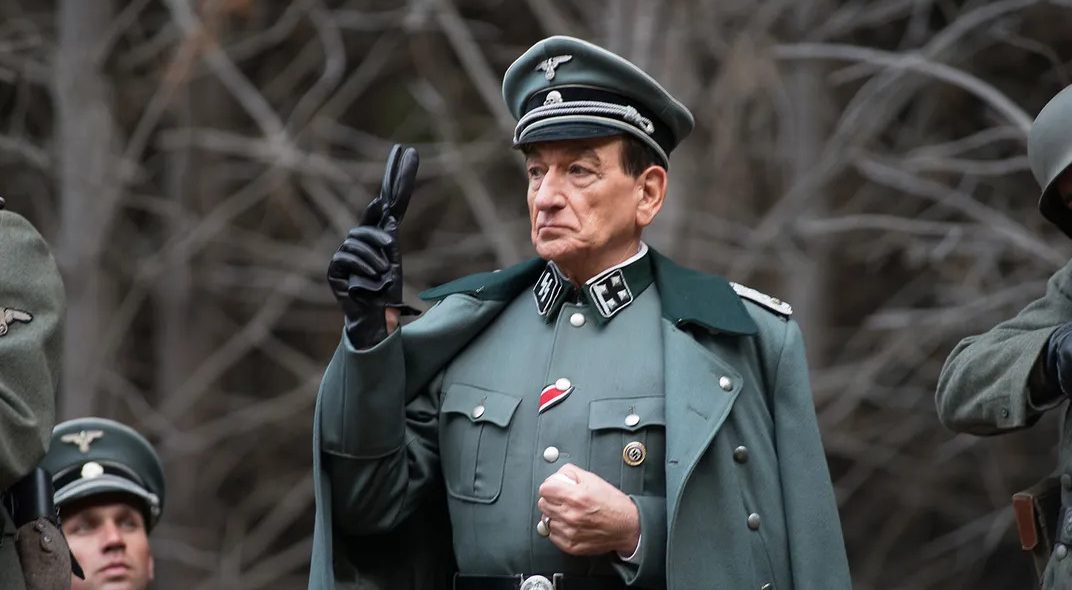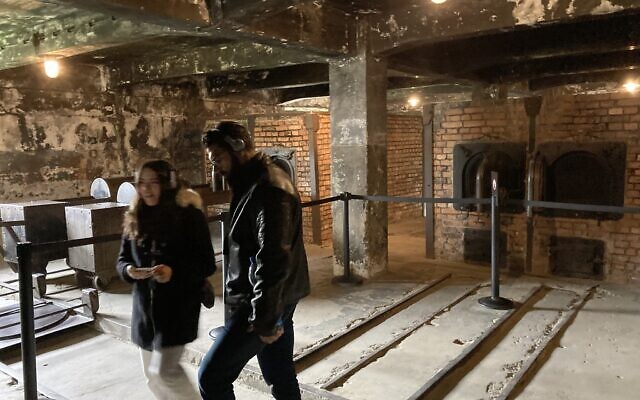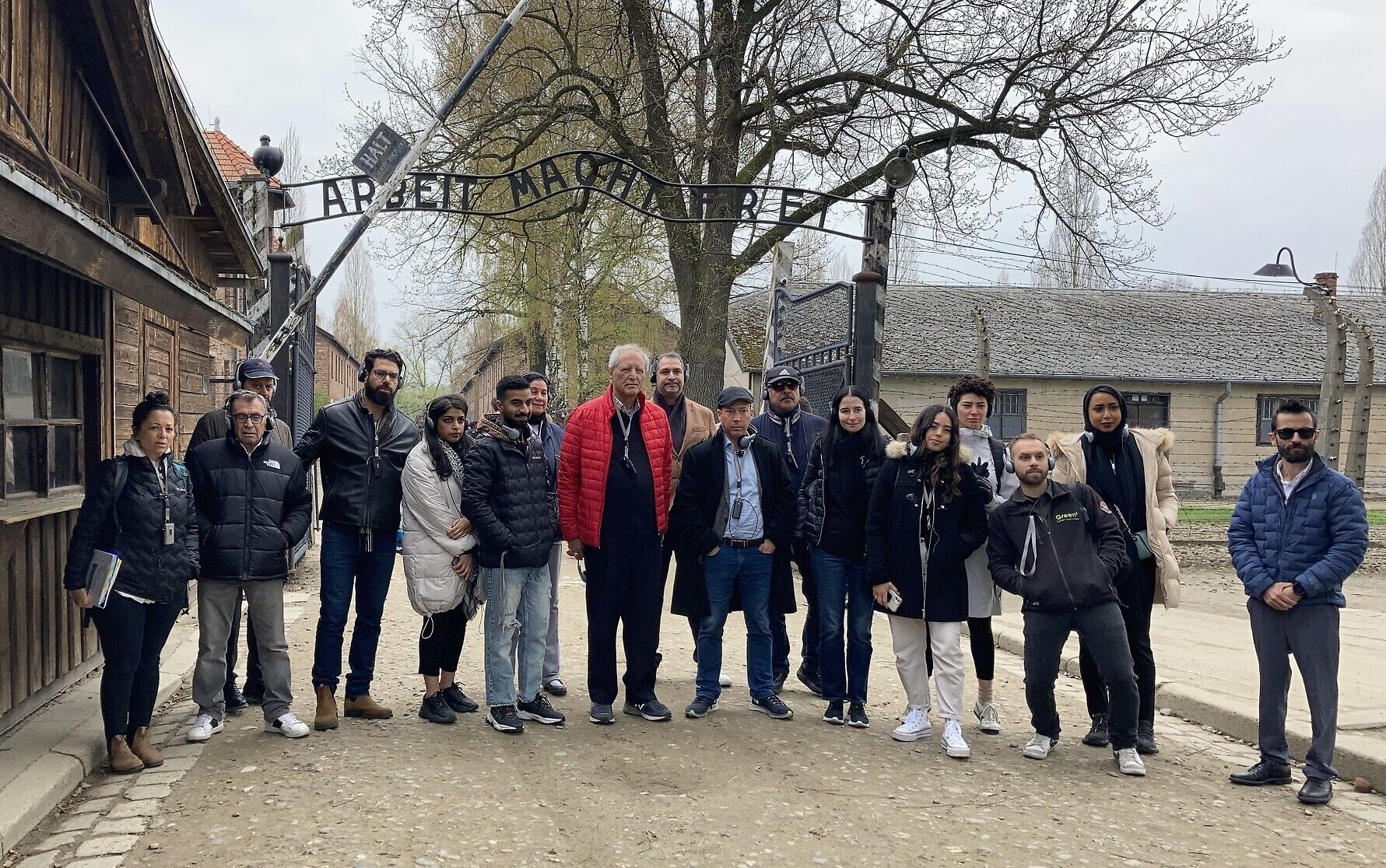Indeependent
Diamond Member
- Nov 19, 2013
- 73,633
- 28,515
- 2,250
Reading history books.Where did you get this idea?
Follow along with the video below to see how to install our site as a web app on your home screen.
Note: This feature may not be available in some browsers.
Reading history books.Where did you get this idea?
Which book? Cannot find this anywhere I have read?Reading history books.
Huh? I was responding to Rosie. Every post can't be specific. We were talking about Jews so that is specific enough...lol.We're on page 6...What the hell is left....lolHe wanted Jews to convert.
Wow! I haven't read about Napolean in over 10 years!Which book? Cannot find this anywhere I have read?
There are thousands of books on the Holocaust including IBM writing program for Hitler to keep a track of Jews.Huh? I was responding to Rosie. Every post can't be specific. We were talking about Jews so that is specific enough...lol.We're on page 6...What the hell is left....lol
It had nothing to do with the Holocaust.Huh? I was responding to Rosie. Every post can't be specific. We were talking about Jews so that is specific enough...lol.We're on page 6...What the hell is left....lol
Well guess what? You'll never hear from me again on any of your threads...Thank YouIt had nothing to do with the Holocaust.
This has been a private conversation which does not belong here. There is something called Private Conversations where you may spend your time on any topic which has nothing to do with the threads either one is on.
Thank you.

 thecinemaholic.com
thecinemaholic.com




How did the Jews get to Europe...go ahead and feel free to lie.No, there are no more Zoroastrians, and the European Squatters aren't the descendants of the Hebrews no matter how much the claim to be.
Right, we need to give Palestine to a bunch of European Squatters because a book with Giants and Talking Snakes said so.
It was not supposed to. It was a comedy about a POW camp, not a concentration camp. I come from a family of survivors. we all found it funny. And a number of the cast members were either survivors or children of survivors.I know that a lot of holocaust survivors were really offended by Hogan's Heroes, which poked fun at the event back in the 1960's. Many contended that the camps were nothing like the one that was portrayed and that Colonel Klink and Sergeant Schultz were really atypical of those that they met in the German camp system.
